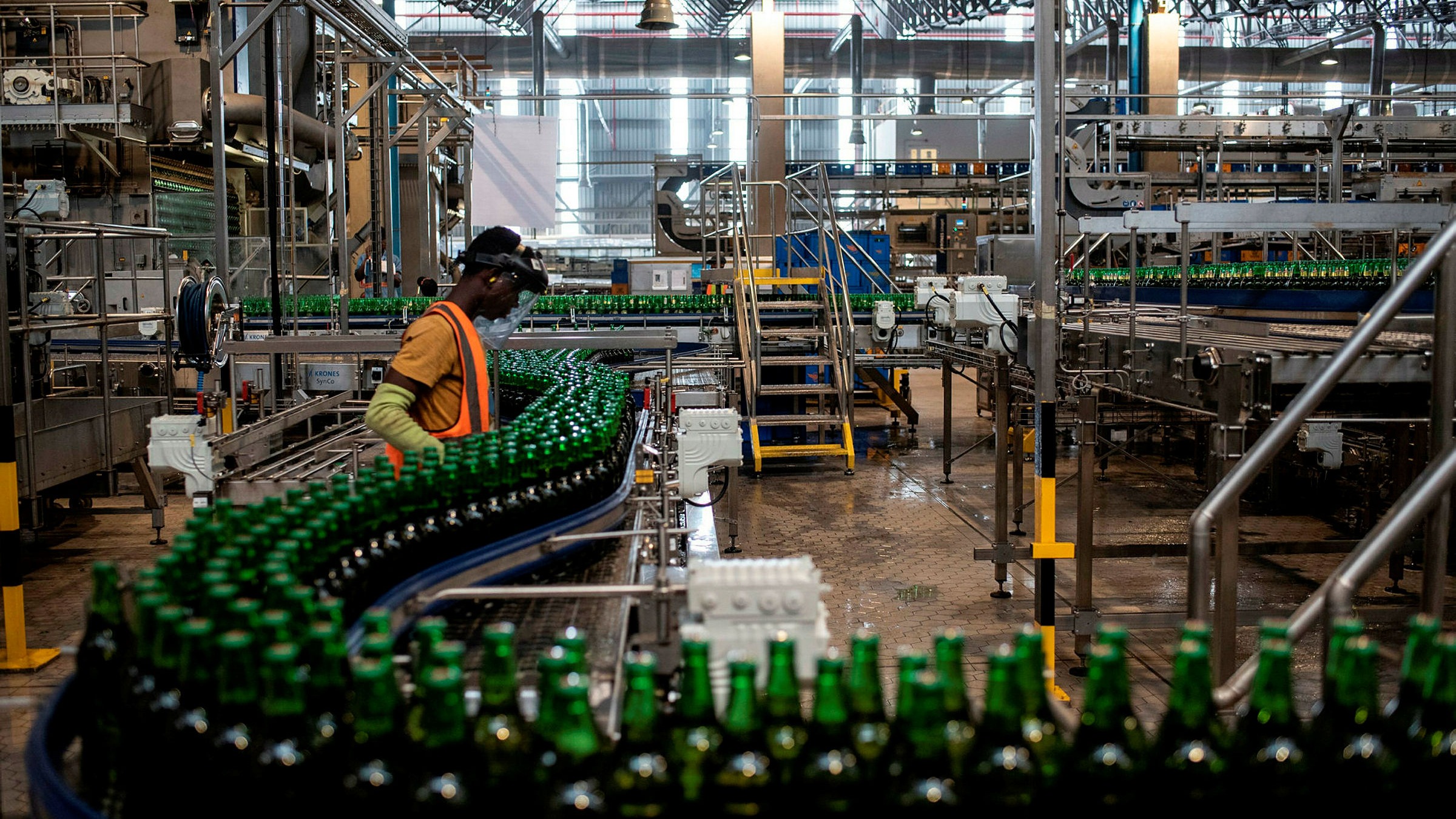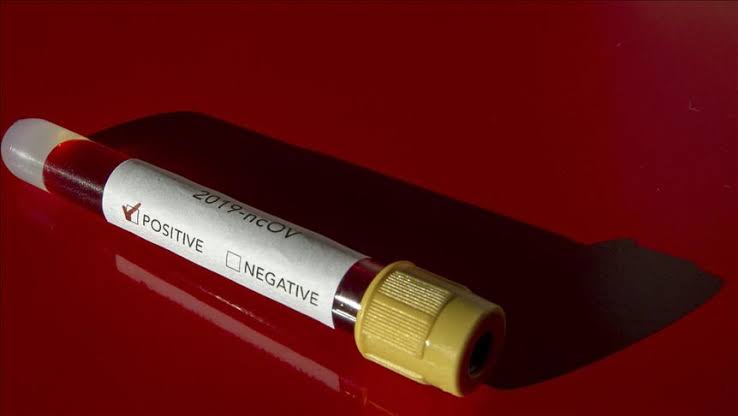The year 2020 was challenging for manufacturers of consumer goods as firms across the globe grappled with the negative impact of the COVID-19 pandemic.
In Nigeria, the outbreak of the coronavirus impacted several businesses, leading to widespread layoffs and wage cuts, as businesses struggled to stay afloat. Later in the year, increase in petrol prices and electricity tariffs further squeezed consumer wallets.
A quick check on the results of some consumer companies that have released their 2020 results, further highlights the impact of the pandemic on the books of these manufacturers.
Cadbury Nigeria, a major player in the consumer goods space, saw its profit plunge by 84 percent in 2020 — lowest in four years, caused by declining sales which rode on the back of COVID-19-induced lockdown to disrupt supply chains.
Advertisement
Profit for the period ended at N172.6 million, compared to N1.07 billion recorded in 2019. The chocolate and confectioneries producer saw its revenue decline by 10 percent to N35.4 billion in 2020, compared to N39.3 billion in 2019.
Also, for the second year in a row, Unilever Nigeria recorded a loss in the 2020 financial year. The firm’s loss reduced to N1.59 billion in 2020 from N4.23 billion loss in 2019, just as revenue for the period also improved slightly from N60.75 billion in 2019 to N61.57 billion in 2020.
The results of other major players are still being expected as of the time of writing this story.
Advertisement
In the last third-quarter GDP report released by the National Bureau of Statistics (NBS), the food, beverage, and tobacco industry’s real GDP outperformed the broader economy, growing by a marginal 1.3 percent year-on-year in 9M 2020, compared to the 2.5 percent year-on-year decline in aggregate GDP within the same period.
This outperformance is reflective of the positive impact of the border closure on food processors, who had a bigger supply-demand gap to fill due to the absence of smuggled alternatives.
Going into 2021, there appears to be no breather for both manufacturers and consumers yet, as most industry challenges still persist.
Issues around foreign exchange (FX) accessibility for manufacturers to import raw materials remain unresolved, leaving them to rely on bureau de change (BDC) operators — a move which comes at a higher cost. There is also the issue of delay in clearing of goods at the nation’s seaport in Apapa, which seems to have defied all solutions so far.
Advertisement
Mansur Ahmed, president of the Manufacturers Association of Nigeria (MAN), at a recent event, called for a review of the policies around FX allocation to gear the economy towards recovery.
He said the lack of adequate FX has hindered manufacturers from purchasing raw materials and entering financial deals with foreign companies.
“The high-cost import bill for the productive inputs decreases manufacturing working capital and feeds into manufacturing commodities prices, thereby making the sector less competitive,” he said.
Meanwhile, initial indications point to the possibility of a 50 percent rise in electricity tariffs, while petrol prices are expected to continue an upward surge in the face of rising crude prices.
Advertisement
Going forward, all these headwinds would eventually feed into the prices of commodities, thereby exacerbating the pressure on consumer wallets, and pushing them to focus on consumption of necessities.
The commencement of the Africa Continental Free Trade Agreement (AfCFTA), however, offers some glimpse of hope for Nigerian manufacturers, as the trade agreement serves as an avenue for local industries to penetrate new markets and establish strong cross-border supply chains with other African countries.
Advertisement
However, before the gains of the AfCFTA can be realised, there is a need to solve some infrastructural challenges which could hinder local manufactures from competing favourably with their peers, else, the country may be flooded with cheap goods from more competing neighbours to the detriment of local companies.
Advertisement
Add a comment







